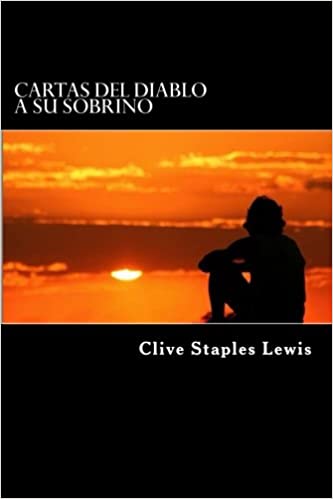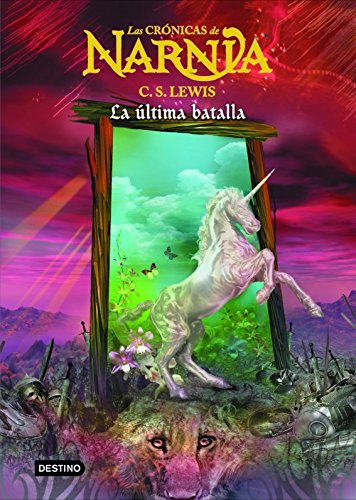We live a continuous explosive cinematography of great classics of the fantasy genre. Very conveniently (rather opportunistically) transferred to the big screen to show off the most avant-garde fx. But the great novels of Tolkien (intimate friend of Lewis), those of the own CS Lewis or even a current George RR Martin, (to cite authentic blockbusters) will always occupy the imagination of fans of the genre of the new worlds.
In Lewis's case, perhaps even Narnia may sound anecdotal to readers of other types of works in your bibliography, as his creative vein reached a diversity of scenarios and themes in presentations that even addressed the epistolary genre.
It is not a matter of despising the narnia universe, with its seven novels of great exuberance spread in a new world before which it is only possible to admire the power of the imagination in a single mind, but it is always good to alternate the focus to understand that final intention that resides in the compendium of the globality, even more so in an author with deep spiritual roots.
Thus, trying to broaden the frame of reference, I dare to present my selection of the most representative of a Lewis to whom the fantasy genre has a lot to be thankful for, but for which we can also peek into many other narrative proposals between the fantastic, the existential and the theological.
Top 3 Recommended Books by CS Lewis
Letters from the devil to his nephew
It's okay, as I said before, almost all of us know Narnia, even if only in passing from the cinema landscape. So now it's time to travel to another dimension, to another horizon of an author capable of delving deeper with humor, touches of fantasy and even informative interest in the universal themes of heaven and hell, God and demons.
In this book we meet Scrutopo, who comes to represent the devil of Christ's temptations and those who, under his school, dedicate themselves to offering us worldly temptations with which to ensure our perdition.
One of Scrutopo's outstanding students was Wormwood, his nephew, perhaps not the best gifted of demons, but on whose shoulders Scrutopo wants to carry the family responsibility towards the last and millennial endeavor of hell: to destroy man.
The chronicles of Narnia 7, the last battle
It may not be the best idea to recommend reading the latest installment of a saga. But if we stick to the scope, without a doubt this novel that concentrates a long-awaited outcome supposes an intense reading, of cold sweats and feverish reading.
Because everything is at stake, after thousands of pages where a new world stretched out in installments. The idea that everything touched by a human acquires that predestination towards disaster underpins the spiritual need of its author.
And it seems that the contradictory human spirit has germinated in Narnia. Just as our world can be guided towards self-destruction thanks to our intervention, so Narnia can learn of our fatalistic misfortune. But they are willing to fight so that the end of everything built does not come...
A shame on observation
And let's go back out of Narnia through the same closet from which we entered and stop at a little gem of the writer made Peter, the man of little faith who mistrusts God.
In the case of Lewis, doubt arises, as in so many other cases, after loss. He, who lost his wife to ravenous cancer, re-asks a question posed millions of times between fury and despair.
Whether you are a believer or not, it is always interesting to find the author of a genre as theoretically trivial as the fantastic, addressing doubts and expanding on the meaning of life or the total lack of it when precisely the words, the universe that Lewis so well mastered alone they offer the emptiest of possibilities: "loneliness."



